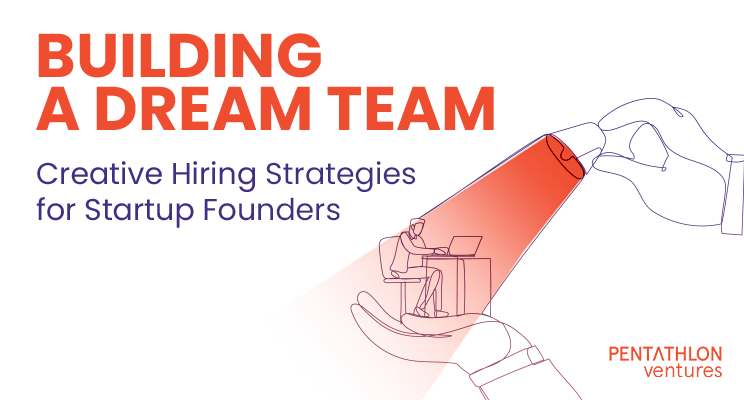Getting funds in place and getting the right talent are profound challenges for any startup founder. But know that you aren’t alone in this. Barring 2 – 3% of early-stage startups, everyone else is in the same boat, facing the same resource crunch.
So be as resourceful and creative with hiring as you are with your other verticals. Personally speaking, I’ve had some success putting together the right team with the following strategies.
1. Internal referrals: This has been a strategy that I’ve used the most in my career. It seems obvious, but most companies don’t do a good job of formalizing and communicating this strategy to other team members in the company. For this to work, you need to come up with a good referral bonus policy and communicate it to the team. To encourage employees to refer their friends, the HR has to ensure that internal referrals are taken up on priority and the decision making is accelerated.
2. Get a mix of talent. Startup founders often fall for the trap of looking for their clones or technical superstars. What’s more important is hiring people with a range of skills, who can do a variety of tasks. While a company might need 1-2 individuals with very deep expertise, most of the team should be diverse in their skillset. For instance, early stage startups will have small teams and it helps that a C# programmer can also do some database programming.
It is basically an extension of start-up founders; from being the chief bottle washer to procurement person to the main salesperson!
3. External resource, with an option to hire. I’ve known companies that have had success with this. You hire a talented programmer for a fixed duration of a project. And after the minimum duration runs out, you get the first option of hiring them. This solves the problem of many organisations. The contract period becomes a sort of extended probation period, and when there’s a culture and skill match, they join your team to hit the ground running.
4. Hire interns: Early-stage startups need to move quickly. And hiring interns with a steep learning curve seems more effort than it is worth. But many large companies go for fresh hires because they bring in a lot of energy, high adaptability, and have less resistance to feedback or growth.
Interns can also be very effective in projects that don’t need a lot of understanding of the current code base and the core business logic. So use them to develop small tools or POCs
Also, mentoring and bringing candidates up to speed is stressful, but when you have a couple of experienced hands who have done this in the past, it’s not that difficult.
5. Second careers, second chances: In my experience with hiring, you need to gauge motivation and engagement and if the person is capable of growing into a new role.
I have had good success with women employees who have taken a break. In the testing team at my previous organisation Sapience, one of the most successful team members was someone who had come back after a career break. I think that’s because sadly, women find it hard to start off with a ‘second career’.
But there’s an intense desire to prove themselves. And in my experience, the trust I’ve placed in my hires was reciprocated multi-fold. I’ve seen the women returning to work tend to be much more stable and focused — the best candidates to nurture and grow a team!
